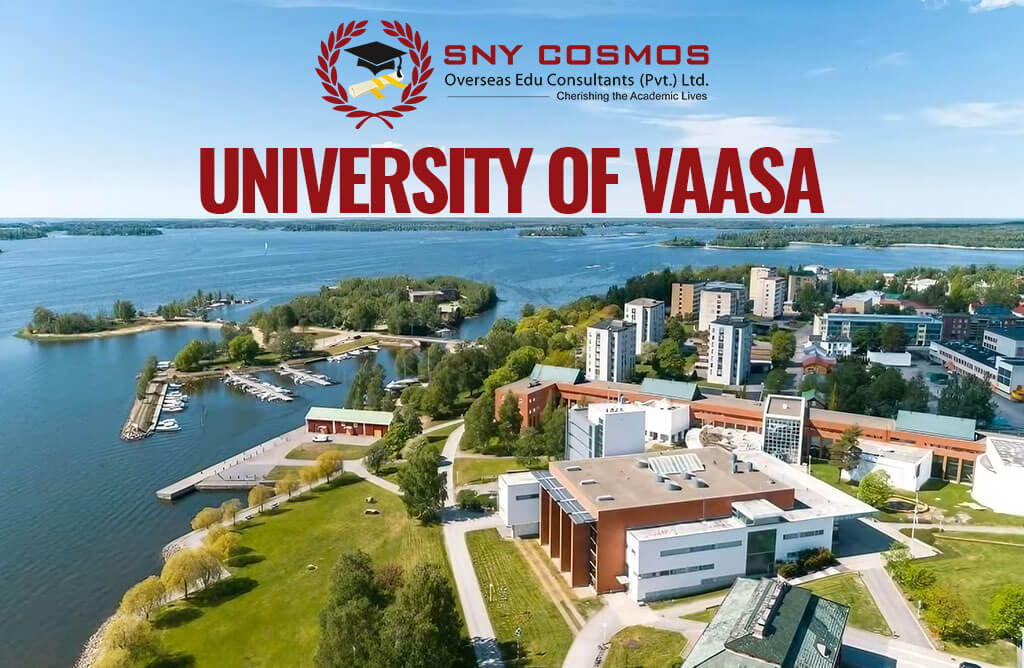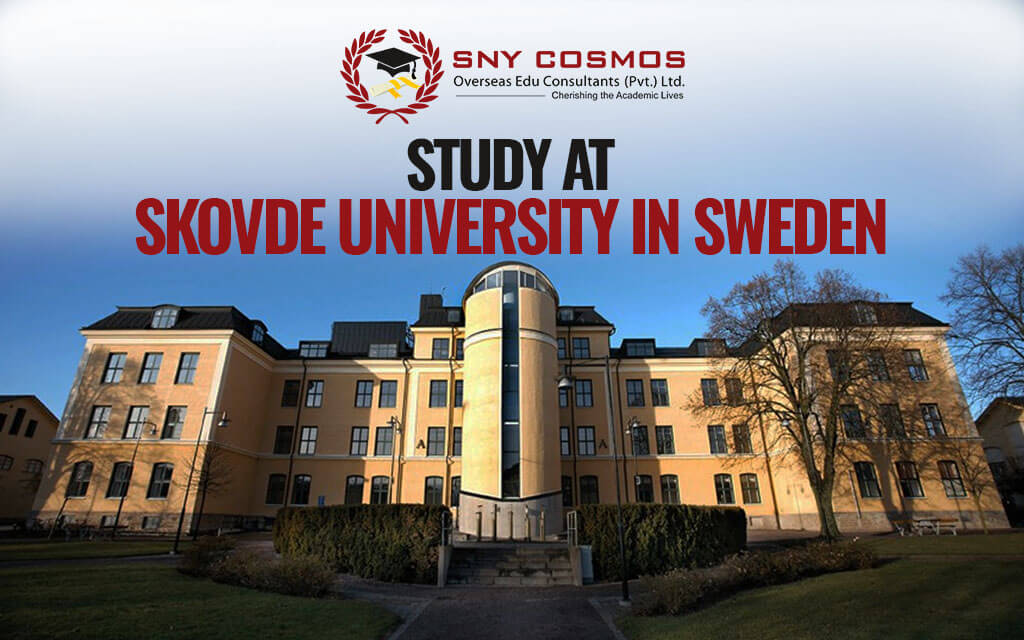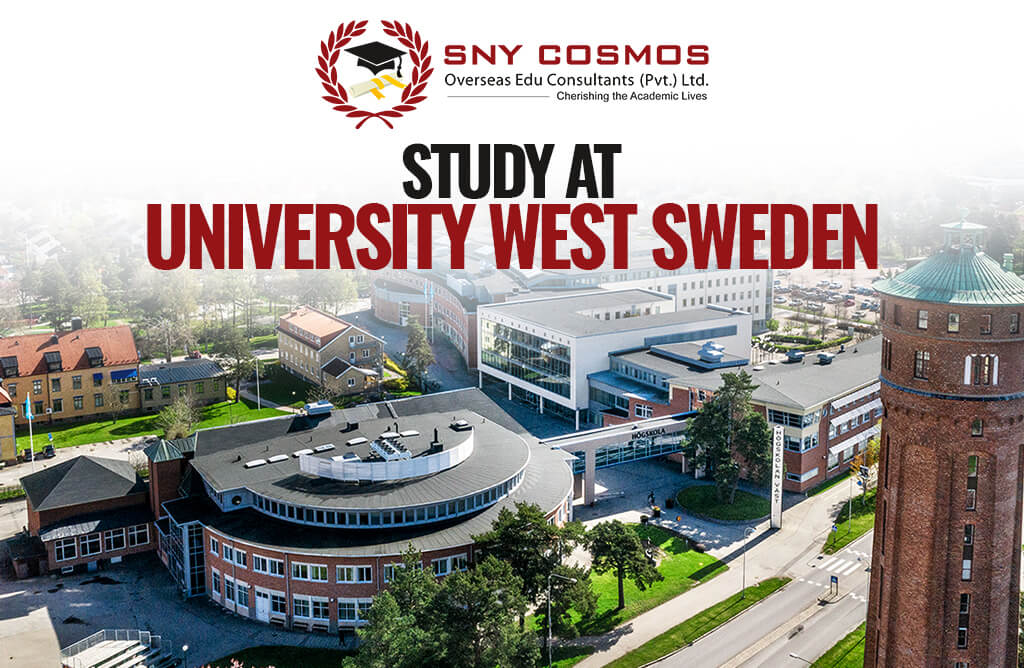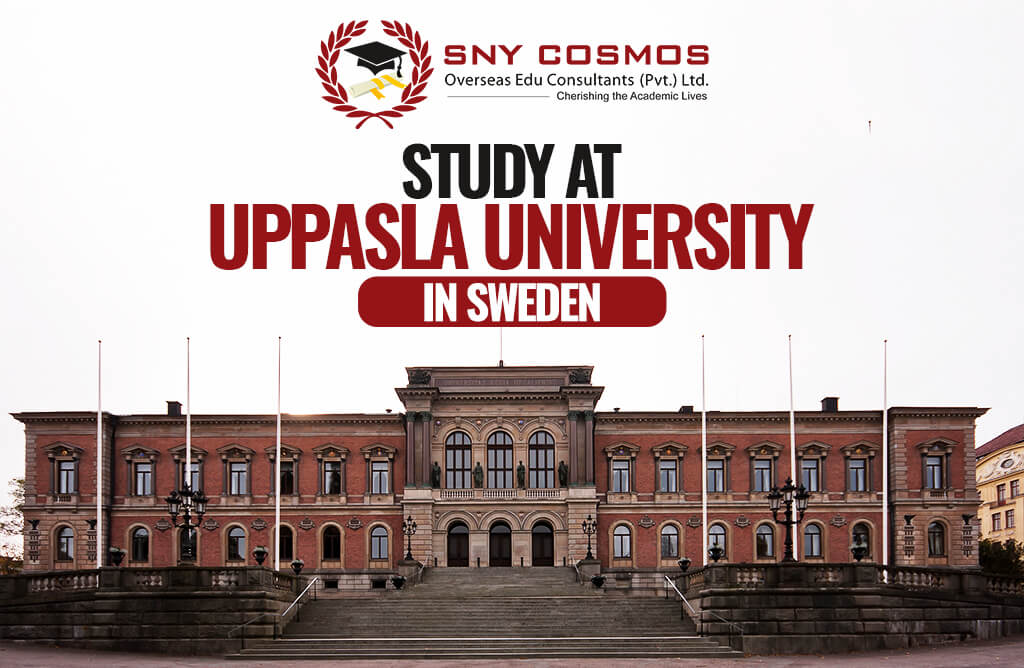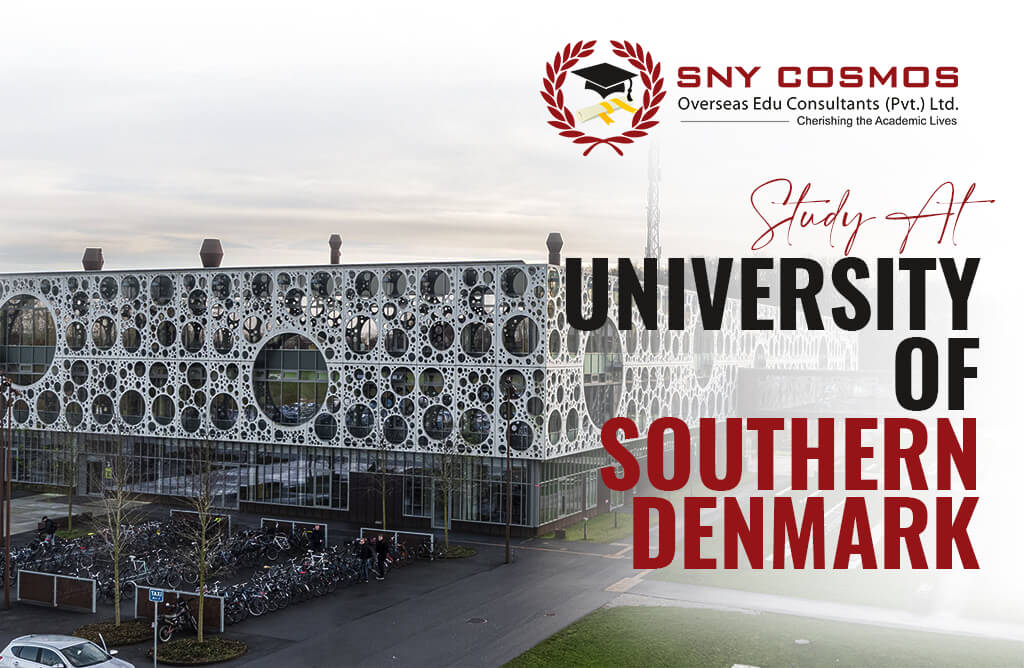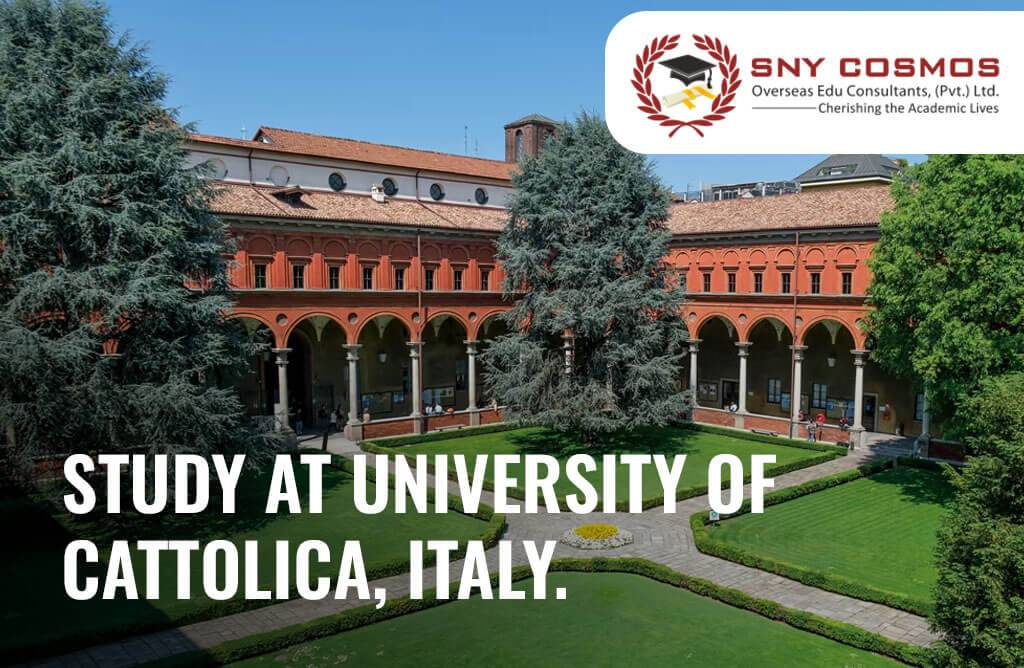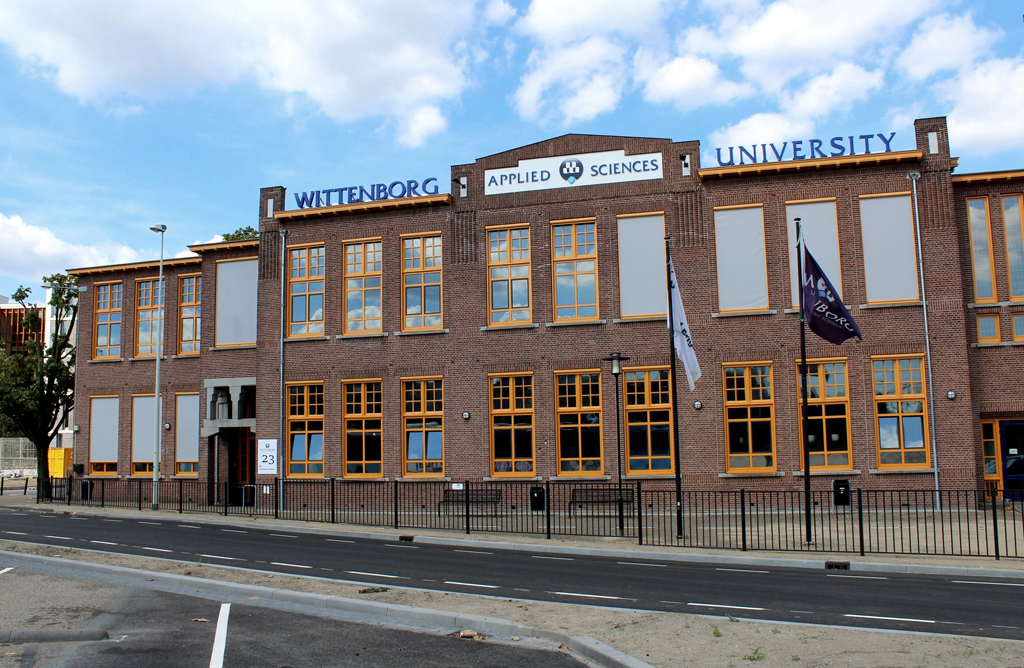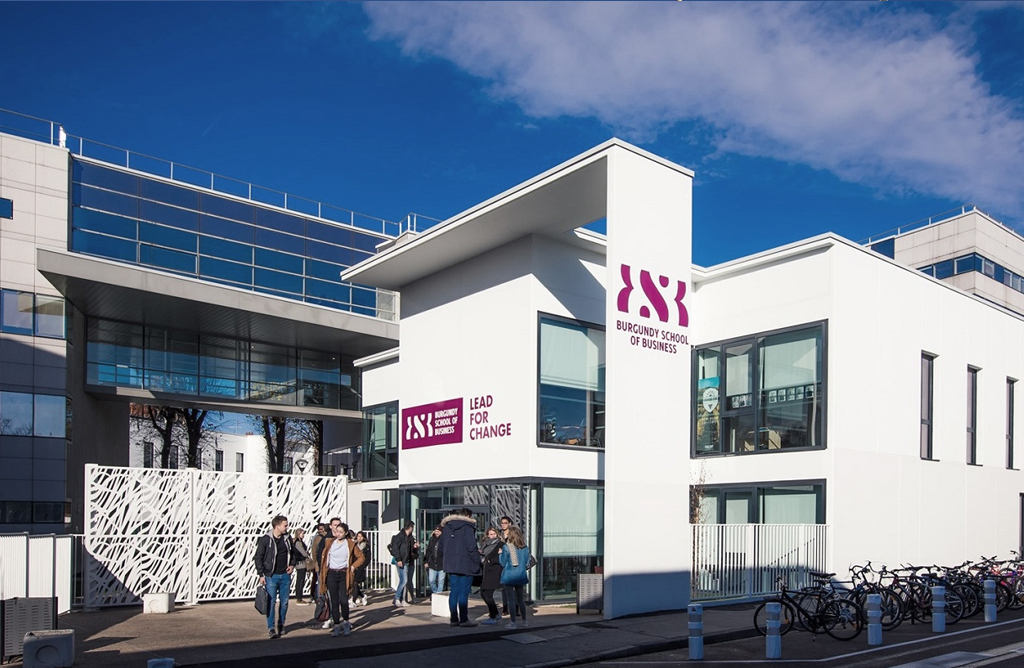The Russell Group of Universities in the United Kingdom
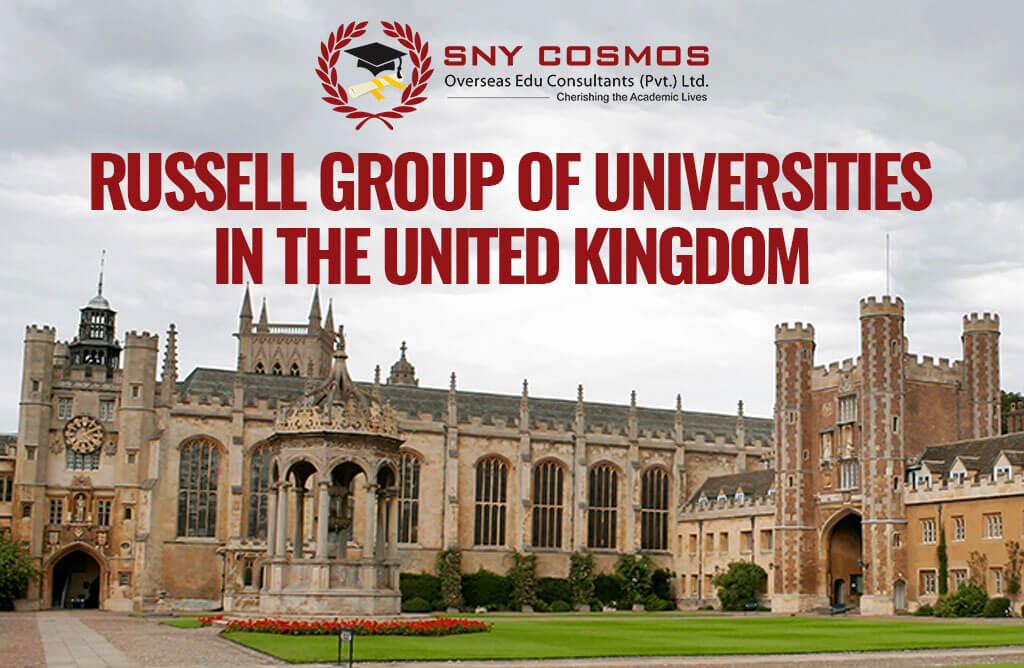
In the United Kingdom, the Russell Group of universities occupies a prominent place in the higher education system. This association, which was founded in 1994, consists of 24 prestigious research-intensive universities that are renowned for their contributions to teaching, research, and innovation as well as for their academic brilliance. We will explore the formation, member institutions, major initiatives, history, traits, relevance, and impact of the Russell Group, as well as how it has shaped UK higher education and beyond, in this extensive discussion.
Introduction to the Russell Group
The Russell Group's inception dates back to the early 1900s, when a few UK universities—especially those that prioritized research and innovation—started to make a name for themselves in the academic world. That being said, the Russell Group was formally formed in 1994 when a consortium of seventeen universities united to form it. The founding institutions aimed to jointly represent their interests and foster cooperation within the industry, all while sharing a dedication to the highest caliber of research.
Member Institutions
There are 24 prestigious universities in the United Kingdom that are part of the Russell Group. These universities are well known for their top-notch research, rigorous academic programs, and high caliber of instruction. The universities that are members consists:
- University of Birmingham
- University of Bristol
- University of Cambridge
- Cardiff University
- Durham University
- University of Edinburgh
- University of Exeter
- University of Glasgow
- Imperial College London
- King's College London
- University of Leeds
- University of Liverpool
- London School of Economics and Political Science (LSE)
- University of Manchester
- Newcastle University
- University of Nottingham
- University of Oxford
- Queen Mary University of London
- Queen's University Belfast
- University of Sheffield
- University of Southampton
- University College London (UCL)
- University of Warwick
- University of York
These universities are dedicated to expanding knowledge by research and innovation, and they all have illustrious histories and robust academic traditions.

Characteristics of Russell Group Universities
Universities in the Russell Group are distinguished from other academic institutions in the UK and around the world by a number of shared features:
1. Research Excellence
The universities in the Russell Group are distinguished by their significant emphasis on research. These academic establishments constantly generate innovative research in various fields, fostering progress in the fields of science, technology, humanities, and social sciences.
2. World-Class Faculty
Top academics and researchers from all over the world are drawn to Russell Group universities. Scholars in their domains, their academic members frequently spearhead innovative studies with noteworthy ramifications for the community.
3. State-of-the-Art Facilities
To support their teaching and research endeavors, these universities are equipped with cutting-edge facilities and infrastructure. Russell Group universities give researchers and students the tools they need to succeed, from state-of-the-art labs to libraries filled with vast volumes.
4. Wide Variety of Academic Programs
The Russell Group's universities provide a wide selection of undergraduate, graduate, and doctorate programs. Students can select programs that are suited to their interests and career objectives, regardless of whether they are interested in STEM courses, humanities, social sciences, or professional vocations.
5. Great International Reputation
Russell Group universities are well-known outside of the United Kingdom. Due to their widespread reputation for academic brilliance, these institutions draw students, scholars, and collaborators from all over the world.
6. Commitment to Teaching Excellence
Russell Group universities are dedicated to giving their students excellent teaching and learning opportunities, even while research is their main priority. They use cutting-edge teaching strategies, give students practical learning experiences, and give them access to individualized mentoring and assistance.
7. Impact on Society
Russell Group universities significantly improve society and the economy through their research, instruction, and knowledge-sharing initiatives. They tackle urgent issues, encourage creativity, and generate graduates who are prepared to thrive in a world that is changing quickly.
Key Initiatives and Collaborations
With the goals of furthering research, encouraging innovation, and improving the educational experience, The Russell Group is actively engaged in a number of projects and partnerships. Among the major projects and alliances are:
1. Research Collaboration
In order to address difficult societal issues, member universities frequently form interdisciplinary teams to work together on research initiatives. Through these partnerships, researchers can take advantage of one another's knowledge, assets, and facilities to produce significant results.
2. Policy Advocacy
The UK's higher education policies are greatly influenced by the Russell Group. The association supports laws that fund research, encourage cross-border cooperation, and provide institutions the independence and resources they need to continue being the best.
3. Knowledge Exchange and Commercialization
Universities within the Russell Group are leaders in technology transfer and knowledge exchange initiatives. They collaborate closely with government organizations, businesses, and partners in the sector to turn research results into useful applications that boost the economy and society.
4. International Partnerships
A number of universities in the Russell Group have forged important alliances with top universities worldwide. These collaborations make it easier for academics to work together on cooperative research projects, student exchanges, global involvement, and other programs that foster understanding between cultures.
5. Access and Broadening Involvement
The Russell Group is dedicated to encouraging underrepresented groups' access to higher education and to broadening their involvement. Member institutions make investments in support services, outreach initiatives, and scholarships to make sure that bright students from a range of backgrounds can achieve their academic objectives.
6. Professional Development
The organization provides personnel and researchers with chances for conferences, workshops, and training sessions. These programs encourage an excellence-focused culture among participating institutions and support the ongoing development of professional and academic talents.
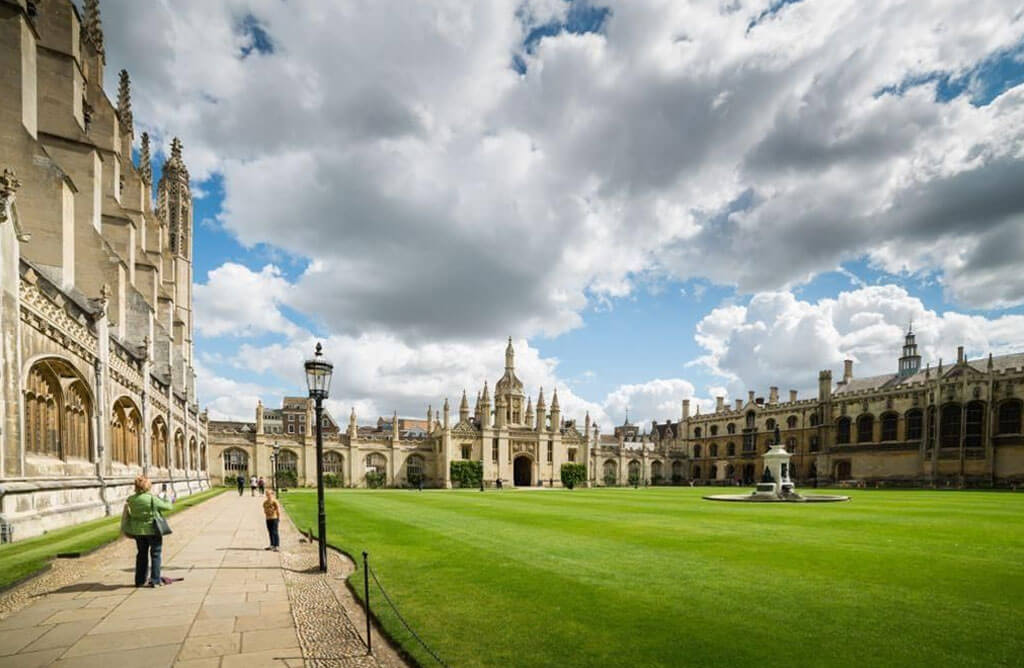
Significance and Impact
In the UK and abroad, the Russell Group has a big influence on how higher education is shaped. Its member universities influence research, innovation, and education widely and are leaders in their respective sectors. The Russell Group has had a significant impact on a number of areas, including:
1. Research Excellence
Universities in the Russell Group regularly provide high-impact research that expands understanding and spurs creativity in a range of academic fields. The results of their research have important ramifications for social policy, science, technology, medicine, and the arts.
2. Economic Contribution
The Russell Group institutions' innovation and research initiatives support prosperity and economic progress. They produce intellectual property, spin-off businesses, and entrepreneurial endeavors that boost the local and national economies by bringing in investment, creating jobs, and promoting economic development.
3. Global Influence
The UK's position as a center for top-notch research and education is strengthened by the Russell Group universities' well-known status abroad. Talented individuals from all over the world are drawn to these institutions as students, researchers, and collaborators, resulting in international networks and partnerships that advance academia, business, and society at large.
4. Talent Development
The colleges in the Russell Group are essential to the up-and-coming generation of innovators, leaders, and change agents. With their demanding coursework, chances for research, and extracurricular involvement, they give students the information, abilities, and qualities necessary to thrive in a cutthroat and globalized society.
5. Social Responsibility
The universities in the Russell Group are dedicated to tackling societal issues and advancing social justice. They interact with stakeholders, legislators, and communities to address problems like inequality and climate change, healthcare disparities, and technological disruption, contributing to the public good and fostering a more inclusive and sustainable society.
Challenges and Criticisms
Russell Group universities are subject to various critiques and challenges that are worth taking into account, despite their great accomplishments and contributions:
1. Diversity and Access
Russell Group universities are dedicated to increasing involvement, there are enduring worries regarding diversity and accessibility in these establishments. Increased efforts are needed to find and assist students from disadvantaged backgrounds so that all gifted people have an equal chance at success.
2. Financial Constraints
Russell Group universities, like other universities, are subject to financial constraints stemming from shifting government funding patterns, heightened rivalry, and unpredictabilities around Brexit and other geopolitical reasons. For these schools, finding long-term sources of finance for infrastructure, teaching, and research is still crucial.
3. Workload and Wellbeing
Researchers and academic staff at Russell Group universities frequently deal with heavy workloads, pressure to publish, and difficulties striking a work-life balance. In order to maintain the sustainability and resilience of the academic workforce, it is imperative that concerns pertaining to workload, mental health, and wellbeing be addressed.
4. Critiques of Elitism
According to some, the Russell Group's emphasis on superior research and attraction of students from wealthy families help to maintain elitism in higher education. In order to address structural inequality and advance inclusive practices, systemic improvements must go hand in hand with initiatives to increase participation and foster social mobility.

Future Directions
As we look to the future, the Russell Group is well-positioned to maintain its leadership position in influencing innovation, research, and higher education. Future projects of the group will primarily concentrate on the following areas:
1. Diversifying the Curriculum
Universities in the Russell Group will keep updating and reviewing their curricula to incorporate a range of viewpoints, experiences, and contributions. Decolonizing the curriculum, encouraging multicultural awareness, and implementing multidisciplinary techniques will enhance students' educational experiences and equip them to function in a world that is getting more complicated and interconnected by the day.
2. Digital Transformation
Higher education has embraced digital technologies more quickly as a result of the COVID-19 epidemic. Universities in the Russell Group will make use of digital platforms, online learning resources, and data analytics to improve instruction and learning, increase educational access, and data analytics to enhance teaching and learning experiences, expand access to education, and support innovative research collaborations.
3. Sustainable Practices
Russell Group universities are placing an increasing emphasis on environmental sustainability. In order to address the climate issue and encourage environmental stewardship, these institutions will lower their carbon footprint, develop sustainable practices, and incorporate sustainability principles into their research, teaching, and campus operations.
4. Global Engagement
In order to address global issues, advance intercultural understanding, and encourage innovation and information exchange globally, Russell Group universities will fortify their international alliances and partnerships. The group's worldwide influence will be strengthened by initiatives including cooperative research projects, student exchanges, and international mobility programs, which will also help to create a more resilient and linked society.
5. Social Impact
In order to address urgent social concerns and advance social justice and equality, Russell Group universities will keep interacting with stakeholders, policymakers, and communities. These organizations will support local and worldwide efforts to create more inclusive, equitable, and sustainable communities by conducting research, offering educational programs, and encouraging civic engagement.
Conclusion
The Russell Group of universities holds a distinct and significant place in the higher education sector of the United Kingdom. These institutions have significantly advanced knowledge, sparked innovation, and shaped the future of society with their emphasis on research excellence, innovative teaching, and societal impact. Russell Group universities have shaped higher education, research, and innovation in the UK and around the world, and they will continue to do so as they manage the opportunities and challenges of the twenty-first century. These institutions will continue to motivate and enable future generations of scholars, researchers, and educators to change the world via cooperation, leadership, and a dedication to excellence and diversity.



















